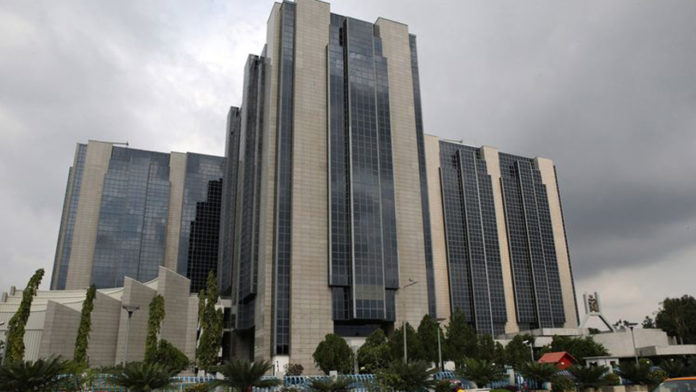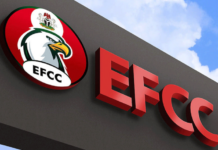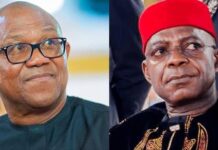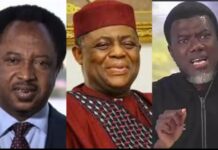By Jeph Ajobaju, Chief Copy Editor
Nigeria says its multiple exchange rate policy is cast in stone, at least for now, widening a rift with the International Monetary Fund (IMF) which prefers a stable foreign exchange (forex) system.
The country also rejects the advice of the IMF for it to eliminate subsidy on petroleum products so as to channel more funds into public infrastructure, such as hospitals, roads, and schools.
The Central Bank of Nigeria (CBN) reiterated on June 12 it had not changed its forex policy, after a revision on its website led some analysts to speculate that it was ending a system of multiple exchange rates.
“Nothing has changed in Nigeria’s exchange-rate structure,” and the naira’s value continues to be determined by trading in the Investors’ & Exporters’ FX Window, CBN spokesman, Isaac Okorafor, told Bloomberg.
Okorafor was reacting to the announcement on June 10 by the IMF, a lender based in Washington, that, for the first time in almost 40 years, it was reviewing how it deals with members that have multiple exchange rates.
“By limiting the circumstances in which Fund members may introduce and maintain multiple exchange rates, the multiple-currency practices policy aims to promote orderly exchange arrangements and a stable system of exchange rates,” the IMF said in a statement.
Renaissance Capital said in an April note that Nigeria and Venezuela are about the only emerging markets in its coverage that have multiple exchange rates.
The CBN introduced in 2017 the I&E FX window, also known as the Nafex window, to attract capital inflows by offering investors a weaker and market-determined naira rate.
The official rate — meant for government bodies and fuel importers — is pegged at about 20 per cent stronger than the market price.
The CBN homepage said on June 11 that the official rate was “market-determined” without stating a value as it did it previously. The website reverted to its original form on June 12.
The naira was little changed at 360.46 per dollar on the I&E market as of June 12 in London, and was 306.5 on the official market.
Bonds rose slightly, with yields on one-year interbank T-bills falling five basis points to 13.93 per cent.
The IMF has long been critical of multiple exchange rates, arguing the absence of a single exchange rate creates confusion and deters foreign investment.
However, Nigeria has at least three different exchange rates to manage pressure on the naira – the official rate of the CBN, interbank rate, and the rate at bureaux de change (BDC) operated by private sector players.
The CBN regularly injects dollars into the FX market to keep the naira stable.
The current system includes restrictions on imports, but CBN Governor Godwin Emefiele insists it is the best way to boost manufacturing and diversify the economy, which relies 95 per cent on oil.
Emefiele was re-appointed for a second five-year term this month.















